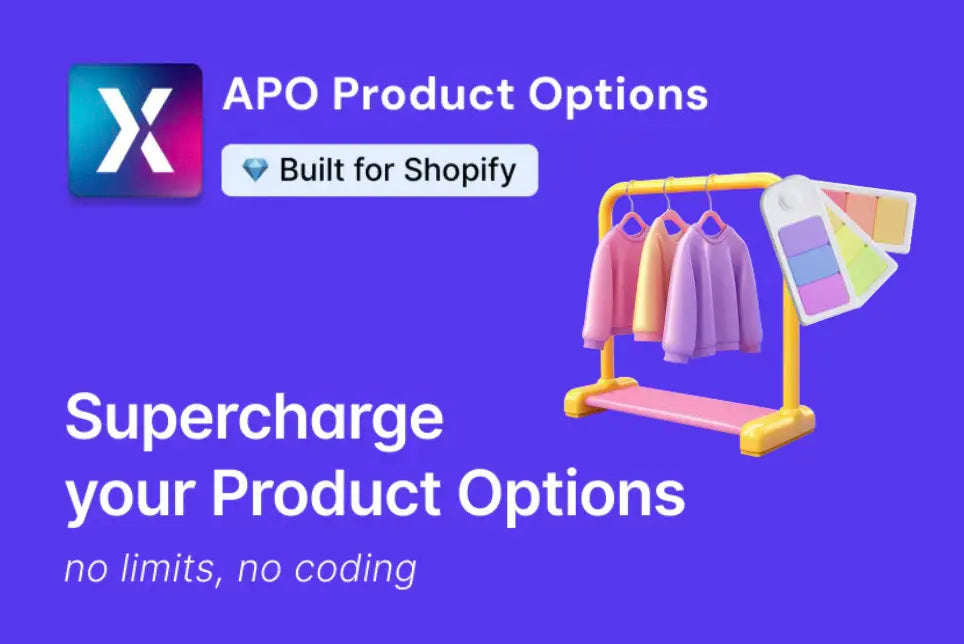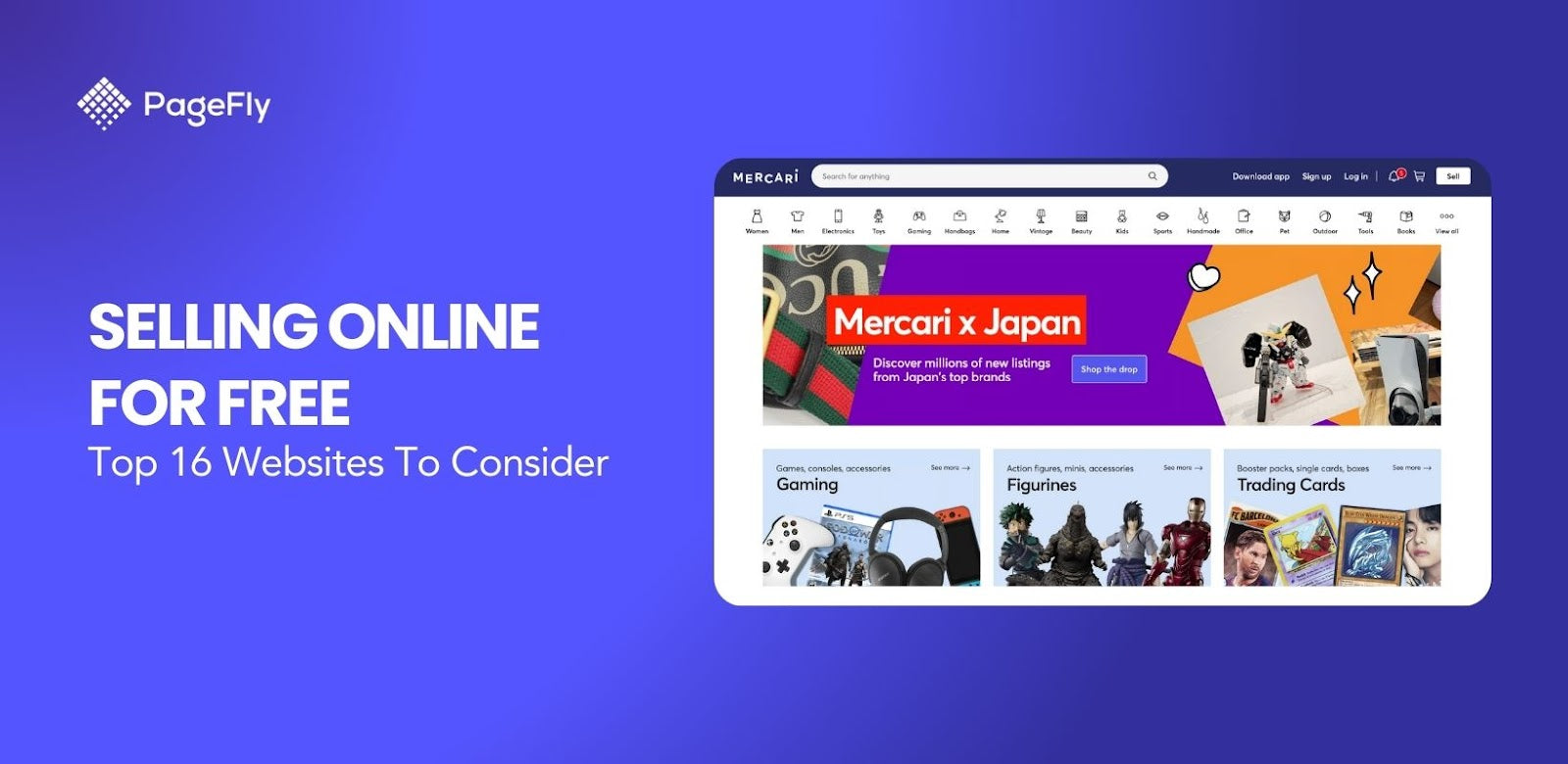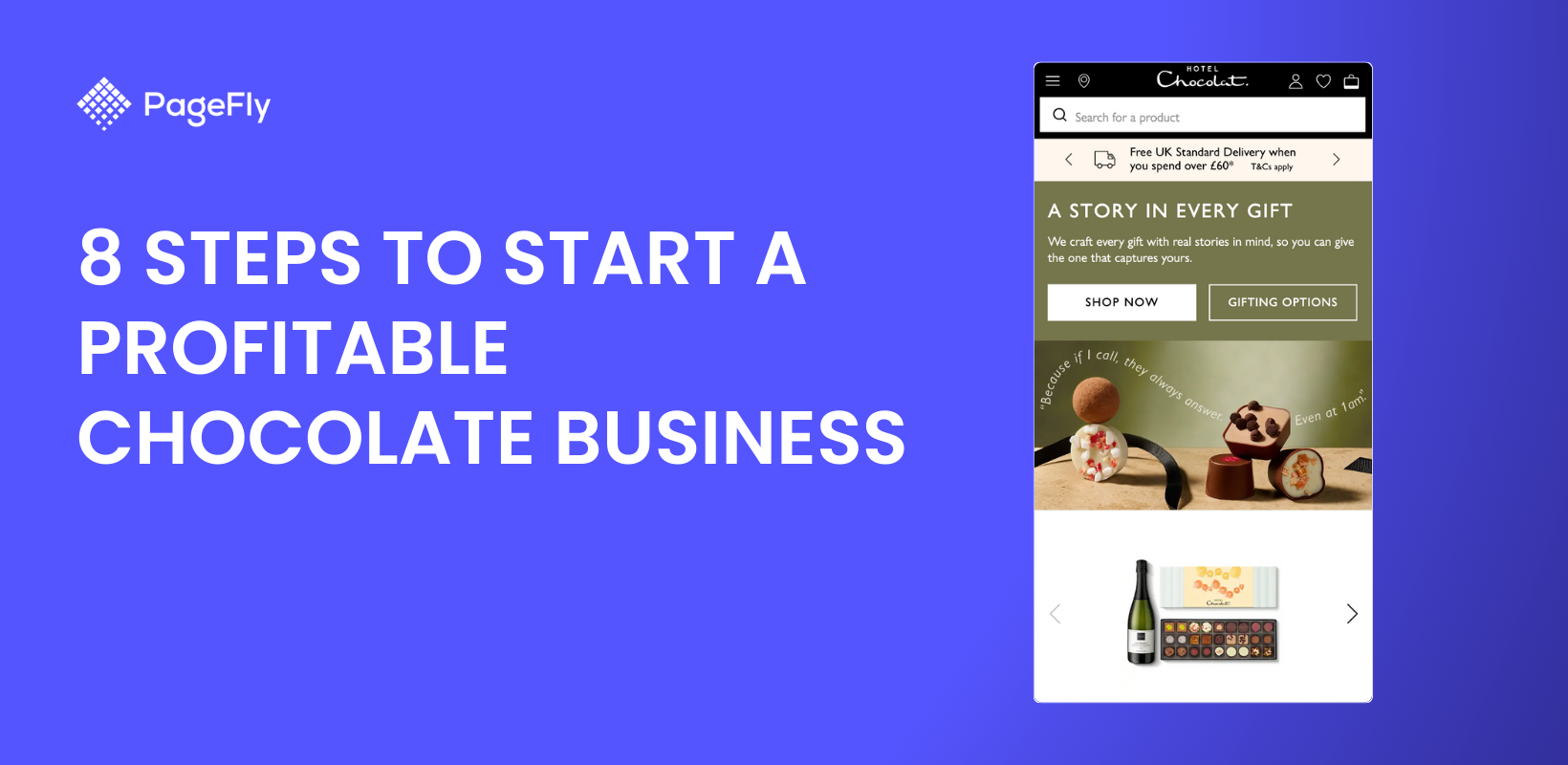Digital systems called enterprise ecommerce platforms enable companies to conduct online sales of goods and services. These platforms act as the foundation of an online store, offering the features and resources needed to oversee every step of the e-commerce process, from order fulfillment to product listing.
Ecommerce platforms are fundamentally made to assist companies in automating and streamlining their online storefronts while simultaneously offering their clients an enhanced online shopping experience. Numerous features are available to users, including shipping and tax calculation, payment processing, shopping cart functionality, catalog management, and customer account management.
Key performance indicators (KPIs) like sales, conversion rates, and customer behavior can be tracked by businesses thanks to the powerful analytics and reporting features that most ecommerce platforms offer.
All the information you require to choose an enterprise ecommerce platform for your business will be provided in this article.
What Are Enterprise Ecommerce Platforms?
With the purpose of offering a single point of access to every facet of the retailer's operations, an enterprise ecommerce platform is a comprehensive piece of software that assists big businesses in operating online and increasing sales.
Often referred to as an enterprise e-commerce system, it consists of an integrated suite of applications designed to assist merchants in streamlining and automating business processes. This feature assists merchants in managing all aspects of their business operations, such as marketing automation, inventory control, order management, and customer relationship management.
Large-scale businesses can manage and facilitate online sales with the help of enterprise ecommerce platforms, which are sophisticated software systems. These platforms are designed to manage large product inventories, intricate customer interactions, and high transaction volumes. Strong features like enhanced security, scalability to accommodate business growth, customization, and integration with current business systems are all available.
You can also check these platforms below to compare and choose the most suitable choice for your ideal store.
Enterprise Ecommerce Platform Market Share in 2024
These market share statistics suggest that Shopify remains a popular choice for enterprise ecommerce platforms.

Source: Influencer Marketing Hub
Top 6 Benefits of an Enterprise Ecommerce Platform
1. Scalability
Large volumes of transactions and heavy traffic can be handled by enterprise ecommerce software.
2. Enhanced Security
Choose enterprise ecommerce software that handles PCI compliance if you lack the necessary knowledge to become PCI compliant or if you would rather not put in the effort yourself with a self-hosted platform.
3. Customization
It enables companies to design unique ecommerce enterprise solutions that meet their unique needs.
4. Multi-channel Selling
Businesses can sell their goods through a variety of channels, including social media, marketplaces, and mobile platforms, with the help of an excellent enterprise software platform.
5. Reporting and Analytics
Businesses may track sales, keep an eye on customer behavior, and evaluate marketing campaigns with the use of enterprise ecommerce solutions' sophisticated analytics and reporting capabilities.
When switching to a new enterprise solution, include business intelligence software, such as an enterprise resource planning (ERP) tool in your e-commerce tech stack.
Read more: Shopify vs Your Own Website: Which One to Invest in 2024?
6. Integration
Accounting, inventory, and financial systems are just a few of the systems that eCommerce enterprise software can easily interface with.
Excellent integrations, apps, and API choices are provided by an enterprise solution that allows you to personalize your store and get the features you need.
6 Types of Enterprise Ecommerce Solution
1. On-site enterprise solution
Off-site e-commerce solutions predominate. All website data for this kind of ecommerce platform was kept on a server in a physical data center.
Usually open source, this kind of enterprise solution is also called off-premise or self-hosted. With total control over the source code, your development team can customize your solution's functionality to your liking.
The amount of resources required to maintain an on-site solution is its biggest drawback. Since e-commerce businesses must have a dedicated IT department to maintain and enhance the existing platform so the cost of ownership rises dramatically.
2. Cloud-based ecommerce platform
An on-site solution and a cloud-based ecommerce platform function similarly. The primary distinction is that data is kept on cloud servers instead of at a physical data center that your team has to maintain.
One advantage of a platform hosted in the cloud is that you can rent costly infrastructure from a reputable supplier.
3. SaaS enterprise ecommerce solution
You rent your server space and the software-as-a-service (SaaS) enterprise ecommerce solution takes care of everything else. This implies that you can obtain hosting, secure your website, adhere to PCI guidelines, maintain your platform, and oversee website uptime without leaving the SaaS platform.
Additionally, a SaaS enterprise ecommerce software offers simple and quick front-end functionality. From within the platform, you can create your store's layout, add products, configure your shopping cart, and customize your product pages.
Essentially, a SaaS solution does the technical do-it-yourself work for you. Less control over the backend and code is the only trade-off.
4. Open-source enterprise ecommerce solution
Open-source enterprise e-commerce solutions can be downloaded and used for free in certain cases, and are accessible to all. The drawback is that creating and customizing your store requires you to do a lot of the coding yourself.
For highly skilled programmers, using an open source platform might be a good option, but it's important to keep in mind that you won't get the same all-in-one functionality that you would with a SaaS solution. Any third-party apps, add-ons, or extensions you use to operate your store will need to be purchased and maintained by you. In addition, there are costs for PCI compliance, hosting, design, licensing, and maintenance.
5. Headless enterprise ecommerce solution
You can get back-end functionality and hosting comparable to a traditional enterprise ecomm SaaS tool with a headless ecommerce solution. The distinction is that it provides greater customization options for the front-end experience, or "the head," and separates the front-end and back-end architectures.
Headless SaaS e-commerce is a wise option for businesses that:
- Need more flexibility with design and UX
- Want to customize the customer journey
- Operate in a quickly evolving industry
- Plan to scale rapidly
- Want to make changes to the front end of the site without affecting back-end operations
However, choosing a headless platform alone does not imply full customization of your enterprise ecommerce software. The "headless" craze is overhyped, and it frequently causes teams to lose focus and patch together different solutions in an attempt to deliver seamless multi-experiences.
6. Composable commerce platforms
An e-commerce architecture made up of modular building blocks is called composable commerce. Instead of using an out-of-the-box solution, merchants can rely on best-in-class vendors to build fully customized ecommerce platforms.
Composable, which just removes the "head" from your store, is the logical progression of headless commerce. Make use of PBCs for all front- and back-end aspects of the shopping experience, such as:
- Storefront
- Cart
- Checkout
- Payments
- Search
- Promotions
- Catalog
How to Determine Which Ecommerce Platform is Best for Your Enterprise?

Best 5 Enterprise Ecommerce Platforms in 2024
1. Shopify Enterprise

Source: Shopify Plus
More than 10,000 businesses in 175 countries use Shopify Plus, a headless enterprise ecommerce SaaS platform. Notable users include Heinz, Allbirds, Magnolia, Kylie Cosmetics, Gymshark, Allbirds, Fashion Nova and Steve Madden.
All of the features from the Shopify basic plan are converted for use in an enterprise setting by larger businesses using the Shopify Plus platform. You can use the platform to manage up to 10 websites at once if your company oversees multiple stores. You won't ever have to worry about sales issues after starting your business because the Shopify Plus platform handles about 10,000 transactions per minute.

Source: Shopify Plus
Since Shopify Plus is a fully functional ecommerce platform, getting started doesn't require any web development or coding knowledge. To guarantee the success of your launch and even assist in its development, you can also seek assistance from a committed account manager. Additionally, Shopify Plus offers exceptional security, dependable store uptime metrics, integrated mobile optimization, and a customizable checkout process.
Features
- You can personalize the orders dashboard to show the metrics that matter most to you. Drill-down analytics are one example of this, offering insights into particular products, product categories, or retail channels.
- The third-party logistics (third-party) feature offered by Shopify facilitates smooth scalability and makes managing higher order volumes easier.
- Moreover, the Flow workflow tool streamlines your operations by making it easier to automate bulk actions and repetitive tasks.
- You can move, track, and manage inventory effectively with Shopify, and you can conveniently scan and count items with the mobile app.
- Self-serve returns, simple refunds, and inexpensive return labels make shipping and fulfillment easier to handle and improve the overall customer experience.
Integrations include Facebook, Instagram, Google, Tumblr, Pinterest, Google Analytics, Walmart, Skubana, EzySlips, Shipping & Returns, Xero Kissmetrics, Wish Marketplace, Newegg Marketplace, Tophatter, Heyday, PageFly, and hundreds more.
Quick read: Top 15 Shopify Website Examples For Your Inspiration In 2024
2. BigCommerce Enterprise

Source: Bigcommerce
With the powerful product marketing tools that BigCommerce offers, companies can design attractive product pages that include thorough descriptions, crisp photos, and client testimonials. Businesses can display their products in a variety of configurations thanks to the platform's support for product variants, options, and bundles.
Features
- Architecture that is adaptable and scalable, enabling companies to manage large amounts of transactions, traffic, and product catalogs without sacrificing efficiency.
- BigCommerce gives businesses sophisticated customization options so they can design distinctive, branded online stores that are suited to their particular requirements.
- Additionally, the platform has built-in multi-channel selling features that let companies sell through a variety of channels, including online stores like Amazon and eBay.
- Furthermore, BigCommerce offers extensive enterprise-level security features that guarantee PCI compliance and protect customer data.
Integrations include 100 of third-party systems, like LiveChat, ShipStation, Georgias, Mailchimp, Quickbooks Online, Yotpo Product Reviews, Justuno, Brightpearl, Acumatica, ActiveCampaign, Hubspot, Klavyio, Shopgate, and Printify.
3. Salesforce Commerce Cloud

Source: Salesforce
A platform that runs on the cloud that provides all the tools needed to create seamless, personalized customer experiences across all sales channels. It offers a large selection of pre-built integrations with well-known third-party systems, including CRM, ERP, OMS, and marketing automation. It also possesses strong integration capabilities.
Some examples of websites that use Salesforce Commerce Cloud include Adidas, Puma, Godiva, and L’Oreal.
Features
- Among the features of the platform are order management, customer data management, and merchandising tools.
- Moreover, its strong API enables customized integrations, which makes it the perfect choice for e-commerce at the enterprise level.
- The platform can manage high data and traffic volumes because of its highly scalable design.
- It makes use of the SiteGenesis proprietary framework, whose robust API makes it simple for developers to add new features and alter existing ones.
- Building unique storefronts is also made simple by the platform's support for well-known front-end frameworks like React, Angular, and Vue.js.
- The platform is very user-friendly that its intuitive interface allows businesses to easily manage their eCommerce websites.
Integrations include Klaviyo, Yotpo, and more.
4. Oracle Commerce

Source: Oracle Commerce
Oracle Commerce provides an extremely adaptable and scalable platform that can be combined with other Oracle tools, including data management, marketing automation, and customer experience.
Some examples of stores that use Oracle Commerce include Lenovo, Best Buy, T-Mobile, Office Depot, and Home Depot. These websites use Oracle Commerce to manage their online stores, process payments, and handle customer orders.
Features
- The platform functionalities include: catalog management, customer segmentation and personalization, cross-channel marketing
- Web services, custom integration, and API integration are all supported.
- The platform can be expanded vertically by giving a single server more resources, or horizontally by adding more servers to a cluster.
- Oracle Commerce employs several strategies, including load balancing, caching, and clustering, to attain scalability. The platform's extensible architecture and extensive API set allow developers to tailor its functionality to specific business requirements.
- The platform uses data encryption, secure communication protocols, user authentication and authorization, and defense against common web application security threats to guarantee security.
- Technical assistance, product updates, and access to discussion boards and knowledge bases are all given to users.
Integrations include Oracle Customer Data Management (CDM), Affirm, Cyclr, SmartHint...
5. Adobe Commerce Cloud

Source: Adobe Commerce
As Adobe Commerce (formerly known as Magento) is built on the open-source Magento platform, it can be extensively customized to your specifications. The platform allows you to access its source code for additional customization if you are considering outsourcing or have your own software development team. The platform is reliable, safe, and customizable for your store thanks to these features. It can be used for both online and offline store management.
The go-to platform for strong analytics and reporting features is Adobe Commerce. The platform offers integrated tools for data analysis and visualization, enabling companies to glean insightful information about revenue performance, sales trends, and customer behavior. Businesses can easily combine their sales and product data from multiple channels into a single platform with the help of an automated data replication technology and an intuitive report builder.
Additionally, Adobe Commerce provides a wide range of customization choices, enabling companies to adapt the platform to their unique needs and easily interface it with other data systems. Adobe Commerce is a great option for online businesses in need of a sophisticated and scalable e-commerce solution because of its focus on data-driven decision-making and adaptability.
Features
Its capability to handle multi-brand companies with diverse product catalogs, even when catering to vastly different audiences such as B2B and B2C. This flexibility allows businesses to efficiently manage and showcase their offerings to various target markets.
Another standout feature is the built-in PWA Studio, which empowers users to create and launch progressive web apps for their online stores.
Prioritize performance optimization and responsive design whether it's for desktop, tablet, or smartphone.
Integrations include over 3,700 paid and free options, like EasyShip, eDesk, Facebook Business, Google Shopping, LiveHelp, Mailchimp, Quickbooks, SendCloud, and Stripe.
Enterprise Ecommerce Platform Comparison
Comparision Table
Conclusion
Given that enterprise ecommerce systems are designed for high-volume, high-growth businesses, they are different from smaller ecommerce platforms. However, selecting a platform to support your expanding company shouldn't be a snap choice.
You can explore options and get clarification on your decision by scheduling a demo, consulting with agencies, and attending industry events.earch, enter the keyword, take a look at top 5 competitors
Step 2: Define the intent categories -> understand what audience need
Step 3: Follow the 3Cs model to -> understand how to satisfy audience
Pay attention to the “People also ask”.
Explore more, check out: Shopify Review 2024: Is Shopify Worth It?









![14 Profitable Small Food Business Ideas for 2025 [Real Numbers]](http://pagefly.io/cdn/shop/articles/1_58b587d2-13db-4aa6-8c19-e40f5c88d3eb.jpg?v=1758255771&width=4460)
![Art Business Names: 350+ Ideas + Free Generator [2025 Updated]](http://pagefly.io/cdn/shop/articles/art_business_name_e94a54e9-d325-4ba3-94ab-7b4297952312.png?v=1760062968&width=1640)







